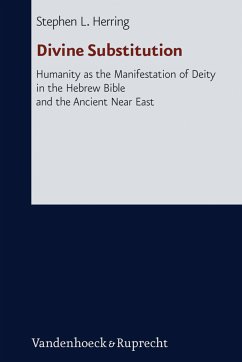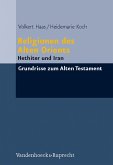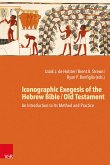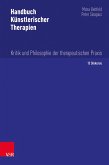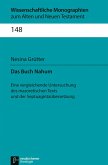Divine Substitution is an investigation of ancient conceptualizations of divine presence. Specifically, this thesis investigates the possibility that the ancient Mesopotamian conceptualization of cultic and royal statues, thought to actually manifest the presence of gods and kings, can likewise be found in ancient Israel. Despite the overly pessimistic view of the later biblical authors, material objects were almost certainly believed to extend and manifest the presence of God in pre-exilic Israel (e.g., standing stones). Likewise, the later polemics against such cultic concepts demonstrate Israel's familiarity with this type of conceptualization. These polemics engaged in the rhetoric of mutilation and destruction of cultic representations, the erasure and re-inscription of divine names, and the rhetorical deconstruction of the specific Mesopotamian rituals thought to transform the dead statue into a living god. Though the biblical reflection of these concepts is more often found in the negative commentary regarding "foreign" cultic practices, S. Herring demonstrates that these opinions were not universally held. At least three biblical texts (Gen 1:26f.; Ex 34:29-34; and Ezek 36-37) portray the conceptualization that material images could manifest the divine presence in positive terms. Yet, these positive attestations were limited to a certain type of material image - humans.
Dieser Download kann aus rechtlichen Gründen nur mit Rechnungsadresse in A, B, BG, CY, CZ, D, DK, EW, E, FIN, F, GR, H, IRL, I, LT, L, LR, M, NL, PL, P, R, S, SLO, SK ausgeliefert werden.

